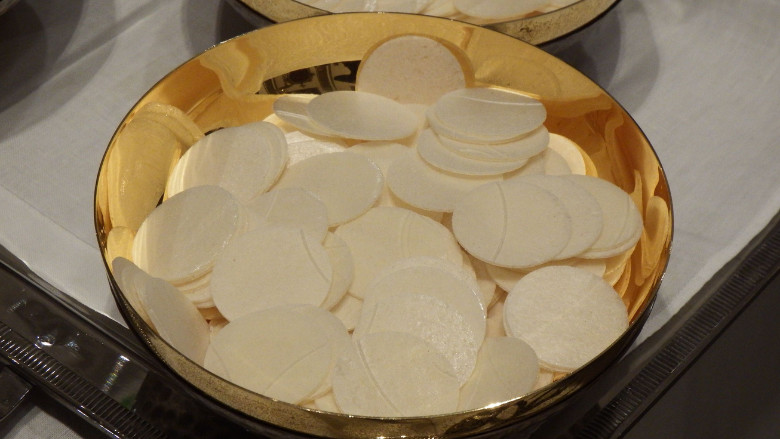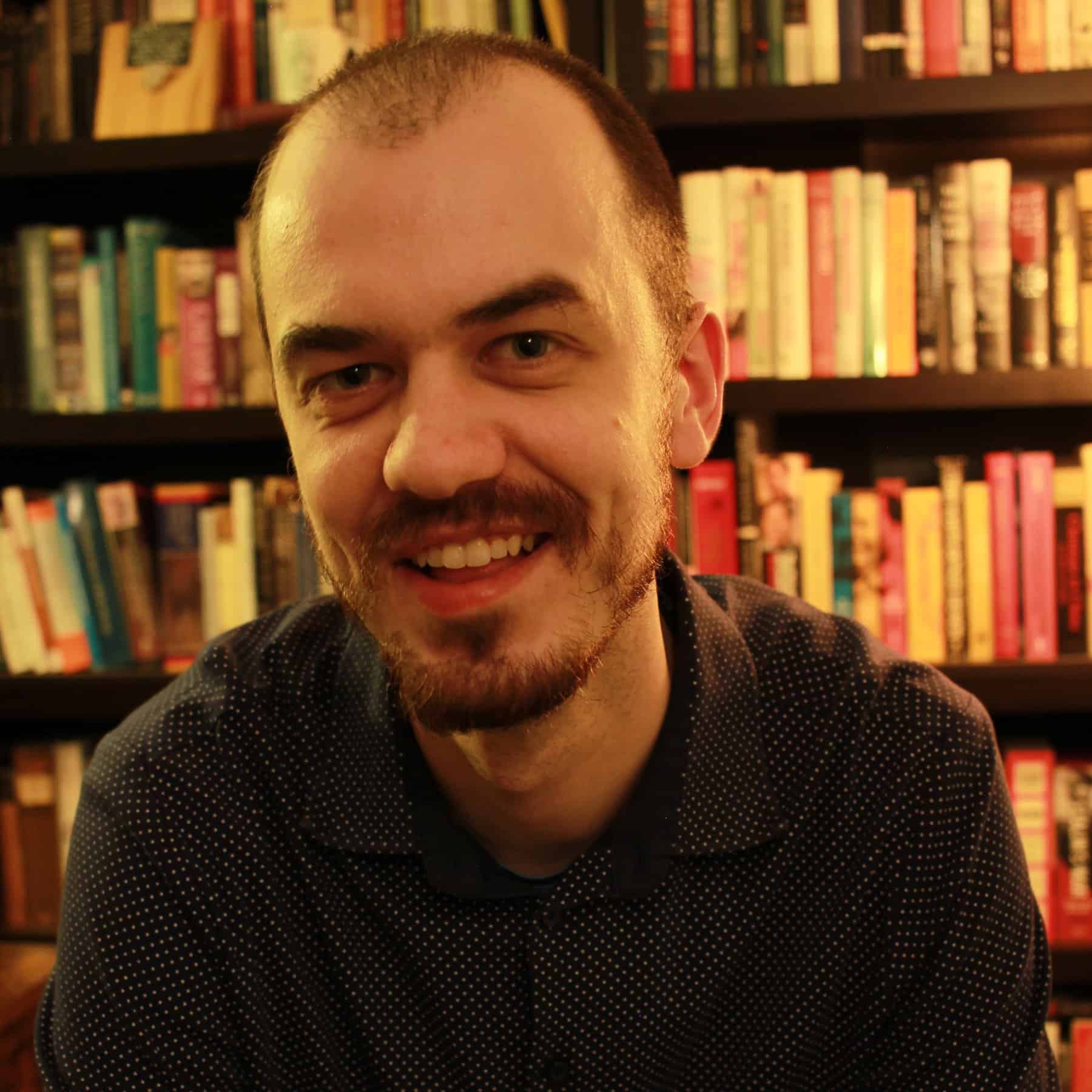
Stock Photo – Canva
By Dan Sherven
This series of reflections is based on Bishop Robert Barron’s The Mass. Watch Bishop Robert Barron’s The Mass through Word on Fire Catholic Ministries. Find the first article in this series here.
In the Eucharistic Prayer, we are “lifting up our hearts to the mountaintop and beyond to heaven.” As there is always a symbolic relationship between mountains and heaven. Bishop Barron notes how “‘the Garden of Eden, in the poetic imagination of the author of Genesis, was a mountain.” We know that because the rivers flow forth from it, from a height.
“Where was the Law given, but on Mount Sinai? Where was the Temple built, but on Mount Zion? Where was the Transfiguration? On Mount Tabor. Where was the Crucifixion? On Mount Calvary. Mountains are places of heightened consciousness, where humanity and divinity meet.’ When we say we are lifting our hearts, we are going up the Holy Mountain. ‘We’re going to the place of sacrifice, where Christ draws all people, all creation, to himself.’”
We see how in the Preparation of the Gifts “The same way that a new baby represents the co-creative consent and co-operation of a married couple with the will of God, the bread and wine represent our co-creative co-operation with the Creator and with the fullness of all that he has made.” Here we are reminded of J.R.R. Tolkien’s term sub-creation, which he uses to talk about us being sub-creators beneath God. God gives Adam His work, tending the Garden of Eden. God has the priest consecrate the bread and wine and make a miracle happen; God ‘uses’ us.
During Mass, collection baskets are sent out to gather donations. “We should not think of the collection of money as some sort of banal, dirty, but necessary affair. Money is our work. Money is hours of our lives. And now we give it away, we sacrifice for it, for the work of the Church.” The Church uses our donations for the Church’s “work of charity and evangelization.”
Our donations “communicate a message of constancy and commitment to the mission. Collectively, they say ‘let this work, this announcement of salvation through the death and resurrection of the Christ go on, let our outreach to our neighbors continue and expand, let our church workers be enabled to feed their families and pay their bills so they can remain in place, for stability, let our buildings be safe, suitable dwellings fit for worship and fellowship and communion, and attractive enough to invite seekers.’
And as our reading notes, in a sense, our donations are us, “in the measure with which we dare to give ourselves to [God].” Monetary sacrifices remind us of how “Cain and Abel make burnt offerings to the Lord, each setting aside a portion of their productivity (of grain and flock, respectively) to the Lord as an act of praise, gratitude, and humility.”
Then, in the context of the Eucharist, “all our gifts and sacrifices are returned to us changed, made better, transformed through the action of God. In Genesis, we saw Cain making an offering of cereal to the Lord, while Abel offered flesh, which was the better offering. [In the Mass, the priest has] offered bread made of grain, [but] it will be made into a better offering of flesh.” Yet Cain became resentful, shaking his fist at God, when it was Cain’s own fault that he offered a lesser sacrifice than Abel did.
Christ has a parable about the nature of proper sacrifice, something which Cain did not do: “A poor widow also came and put in two small coins worth a few cents. Calling his disciples to himself, he said to them, ‘Amen, I say to you, this poor widow put in more than all the other contributors to the treasury. For they have all contributed from their surplus wealth, but she, from her poverty, has contributed all she had, her whole livelihood” (Mark 12:41-44).
Therefore, we must remember, as Saint Bernadette points out, “God is never outdone in generosity.” Our reading shows us how the lives of saints are often in agreement, in noticing that “the catalyst for a continual increase in blessings begins with giving portions of oneself away—of making sacrifices both large and small, always trusting God. ‘Your being increases in the measure that you give it away,’ [Saint] John Paul said. He called it ‘the law of the gift.’”
Bishop Barron says that “to be filled with God is to be filled with love, which is to say, self-emptying. The moment we receive something of the divine grace, we should make of it a gift, and then we will receive more of the divine grace. In a word, our being will increase in the measure that we give it away. This is the water welling up to eternal life that Jesus speaks of.”
Learn more about Bishop Robert Barron’s The Mass.

Dan Sherven is the author of four books, including the number one bestseller Classified: Off the Beat ‘N Path and Uncreated Light. Sherven is also an award-winning journalist, writing for several publications. Find Sherven’s work.

